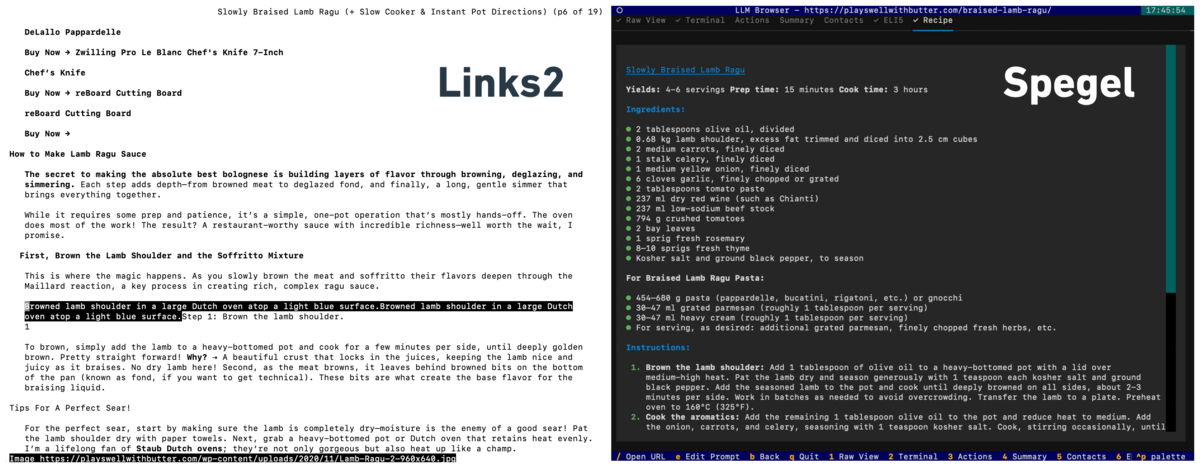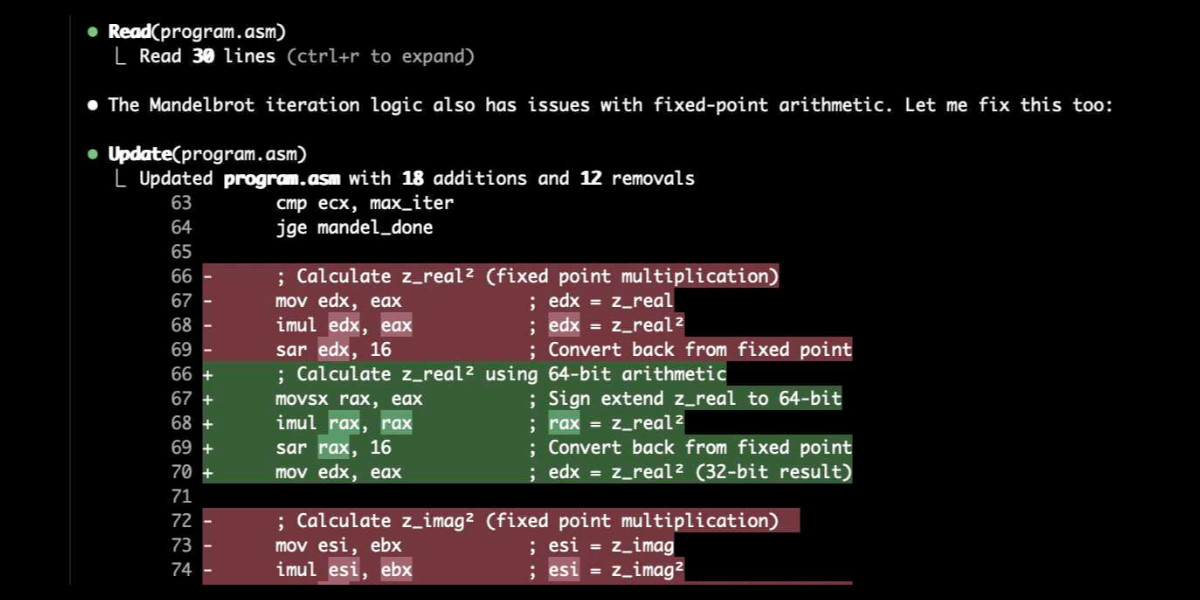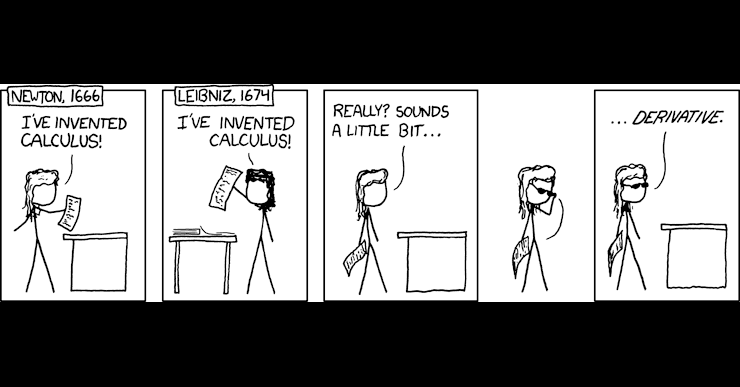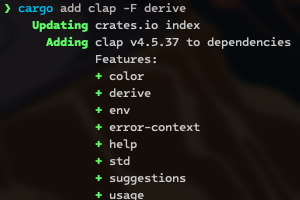Stop Saying 'Click Here'! Better Link Text Writing
W3C released a guide on writing more effective link text. It advises against using mechanical phrases like 'click here', suggesting instead concise, meaningful text that clearly describes the link's content, not the mechanics of clicking. The article also introduces W3C QA Tips, a resource offering practical advice for web developers and designers, including how to submit tips and an index of existing ones.












